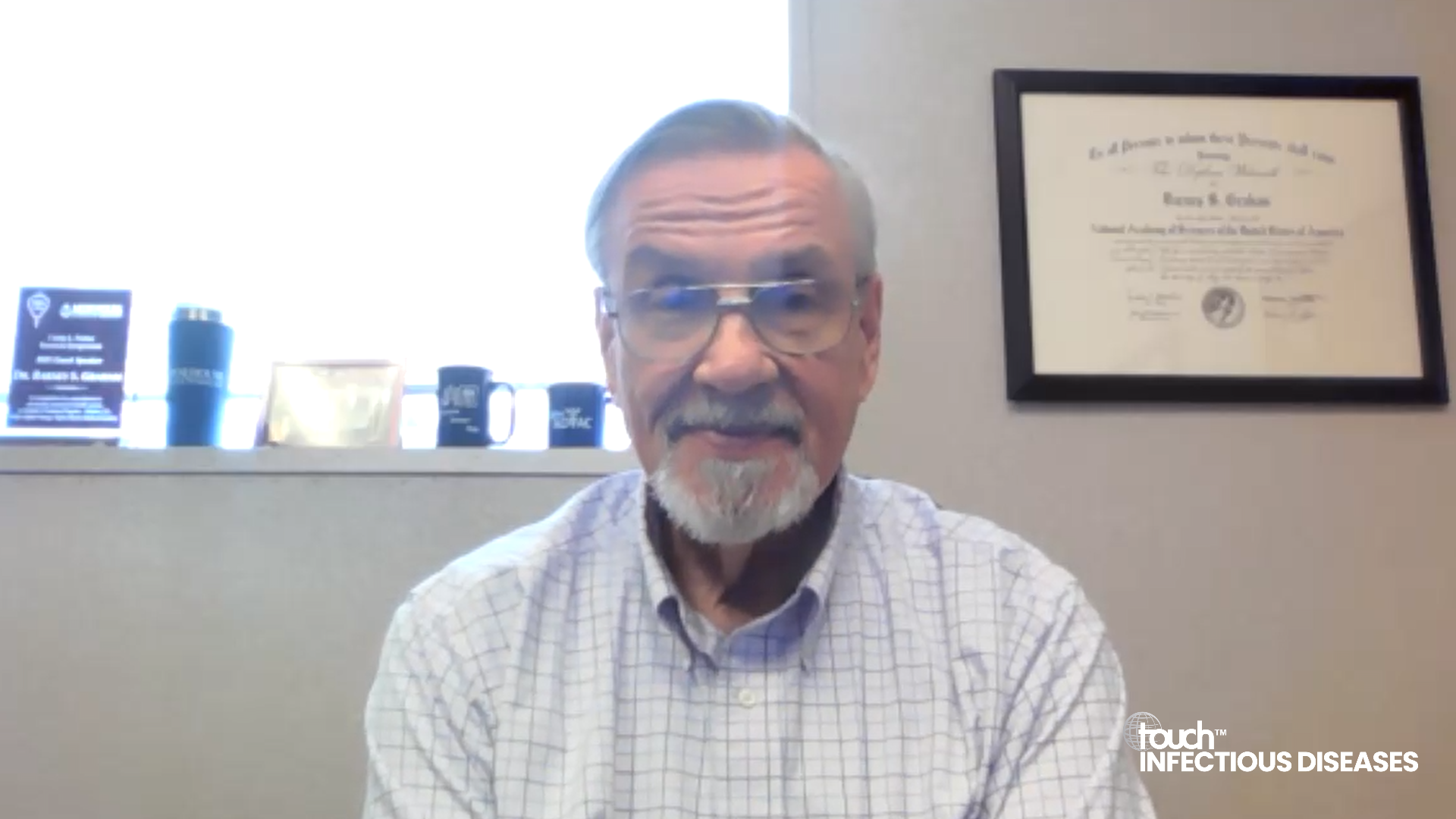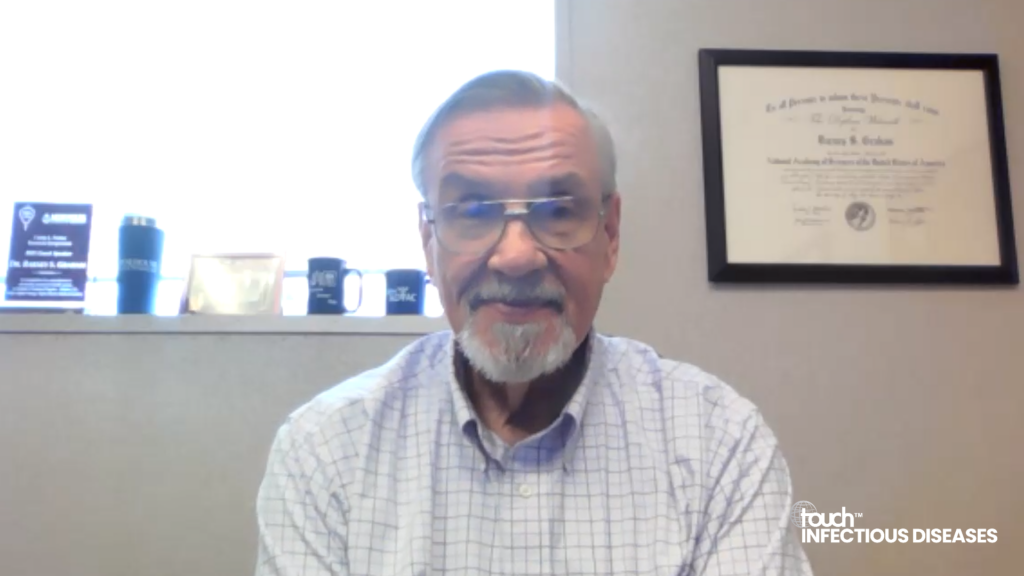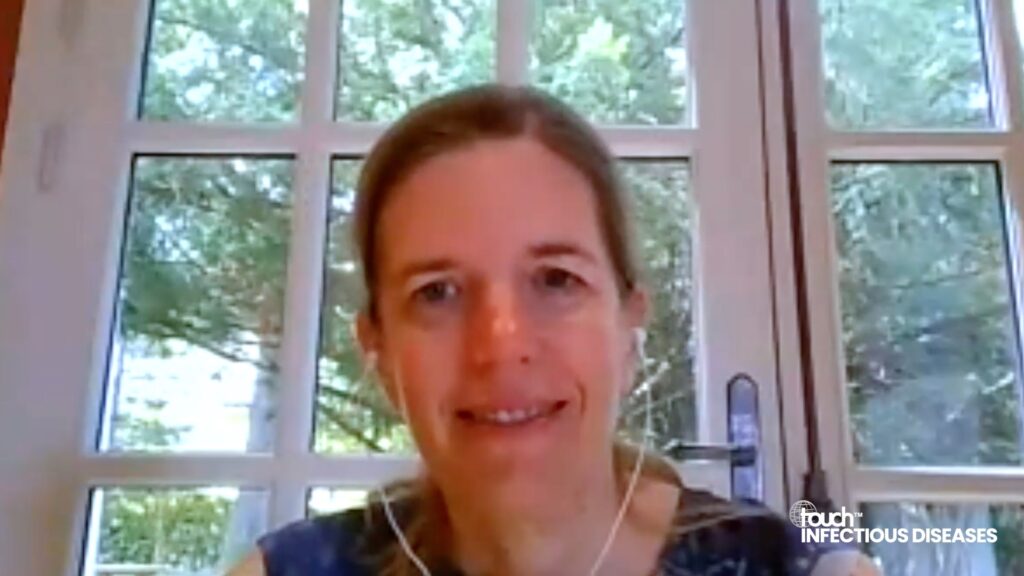PHH-1V, a SARS-CoV-2 protein-based heterodimer vaccine was investigated in a phase IIb trial where the immunogenicity and safety of a heterologous booster with PHH-1V was assessed versus a homologous booster with BNT162b2 at 14, 28 and 98 days after vaccine administration. We spoke with Prof. Patricia Muñoz García (Gregorio Marañón General University Hospital, Madrid, Spain) to discuss the findings from the trial, how the results of this study might impact future development of COVID-19 vaccines and booster shots, and also a look to the future in developing the PHH-1V booster vaccine for COVID-19 in more patient populations.
The abstract ‘Safety and immunogenicity of the protein-based PHH-1V compared to BNT162b2 as a heterologous SARS-CoV-2 booster vaccine in adults vaccinated against COVID-19: a multicentre, randomised, double-blind, non-inferiority phase IIb trial‘ was presented at ECCMID 2023, 15-18 April, 2023, Copenhagen, Denmark.
Questions:
- What are the aims, design, and eligibility of the phase llb study investigating PHH-1V booster vaccine for COVID-19? (0:14)
- What were the primary and secondary endpoints and how well were they achieved? (1:10)
- What were the strengths and limitations of the study? (3:03)
- How might the results of this study impact the future development of COVID-19 vaccines and booster shots? (4:24)
- What are the next steps in research for the PHH-1V booster vaccine for COVID-19? (4:48)
Disclosures: Patricia Muñoz García has nothing to disclose in relation to this video.
Support: Interview and filming supported by Touch Medical Media Ltd. Interview conducted by Katey Gabrysch.
Filmed in coverage of the 33rd European Congress of Clinical Microbiology & Infectious Diseases.
Access more content on COVID-19 and vaccines & for further ECCMID 2023 highlights visit here.
Transcript







